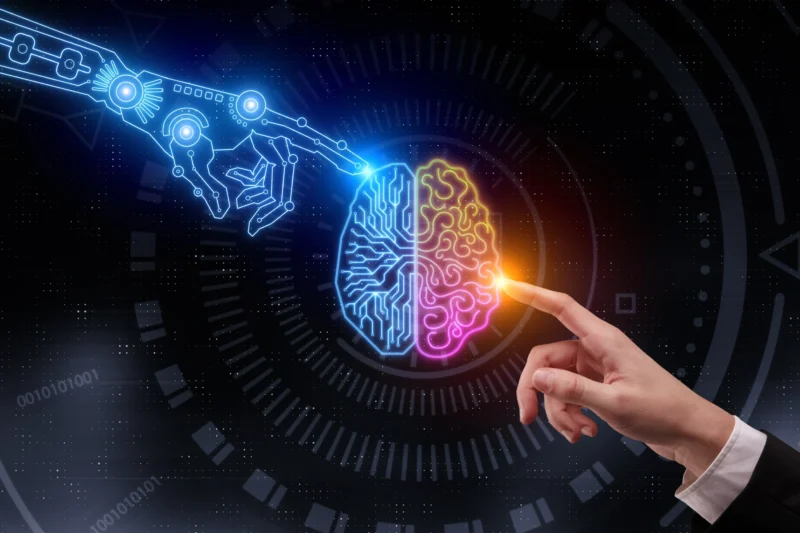
Artificial Intelligence (AI) is transforming every facet of our lives, from healthcare to transportation, finance, and beyond. Yet, as AI systems become more integrated into society, ethical considerations have emerged as critical. “The Ethical AI Revolution” underscores the need to develop and deploy AI technologies responsibly, ensuring they align with human values and societal norms. This article delves into the ethical dimensions of AI, exploring the challenges, implications, and pathways to a more ethical AI future.
The Ethical AI Revolution
Understanding Ethical AI
What is Ethical AI? Ethical AI refers to the development and deployment of AI systems that adhere to ethical principles and guidelines. These include fairness, transparency, accountability, privacy, and inclusivity, ensuring that AI benefits all of society without causing harm.
The Importance of Ethical AI Ethical AI is crucial for maintaining public trust and ensuring that AI technologies do not perpetuate biases or inequalities. It involves considering the social and moral implications of AI decisions and actions.
Key Ethical Issues in AI
Bias and Fairness AI systems can inadvertently reinforce existing biases present in training data. Ensuring fairness involves developing algorithms that do not discriminate based on race, gender, or other characteristics.
Transparency and Explainability For AI to be trusted, it must be transparent. This means making AI decisions explainable to users, enabling them to understand how outcomes are determined.
Accountability in AI Determining who is responsible for AI decisions is complex. Accountability ensures that there are mechanisms to address and correct harmful or unfair AI outcomes.
Privacy Concerns AI systems often require vast amounts of data, raising concerns about privacy. Ethical AI development prioritizes data protection and user consent.
The Role of Policy and Regulation
Government Regulation Governments play a pivotal role in establishing regulations that ensure AI is developed and used ethically. Policies must be adaptive to keep pace with AI advancements.
Industry Standards Industry bodies can establish standards and best practices for ethical AI development. These standards guide companies in creating AI systems that adhere to ethical norms.
The Impact of Ethical AI on Society
Economic Implications Ethical AI can drive economic growth by fostering innovation while ensuring that the benefits are widely distributed. It can help prevent the concentration of power in the hands of a few.
Social Justice AI has the potential to either bridge or widen societal gaps. Ethical AI promotes social justice by ensuring equitable access to technology and preventing discrimination.
Global Collaboration Addressing ethical AI challenges requires global collaboration. Countries and organizations must work together to create unified ethical standards for AI.
Pathways to Ethical AI
Interdisciplinary Approach Ethical AI requires input from diverse fields, including computer science, ethics, law, and social sciences. This interdisciplinary approach ensures comprehensive ethical considerations.
Public Engagement Engaging the public in discussions about AI ethics helps align AI development with societal values. Public input can guide ethical AI policies and practices.
Education and Awareness Raising awareness about AI ethics is crucial. Educational initiatives can equip individuals with the knowledge to critically assess AI technologies and their implications.
Future Prospects of Ethical AI
AI for Good Ethical AI can be a force for good, solving global challenges like climate change, healthcare, and poverty. By aligning AI with ethical principles, we can harness its full potential for positive impact.
Challenges Ahead Despite progress, challenges remain. Balancing innovation with ethical considerations, addressing biases, and ensuring global cooperation are ongoing hurdles in the ethical AI journey.
Conclusion
The Ethical AI Revolution represents a pivotal moment in technology development. As AI continues to evolve, embedding ethical principles in its foundation is essential for ensuring that AI serves humanity positively and equitably. Through collective efforts in policy, regulation, industry standards, and public engagement, we can navigate the ethical challenges of AI and harness its potential for the greater good.
